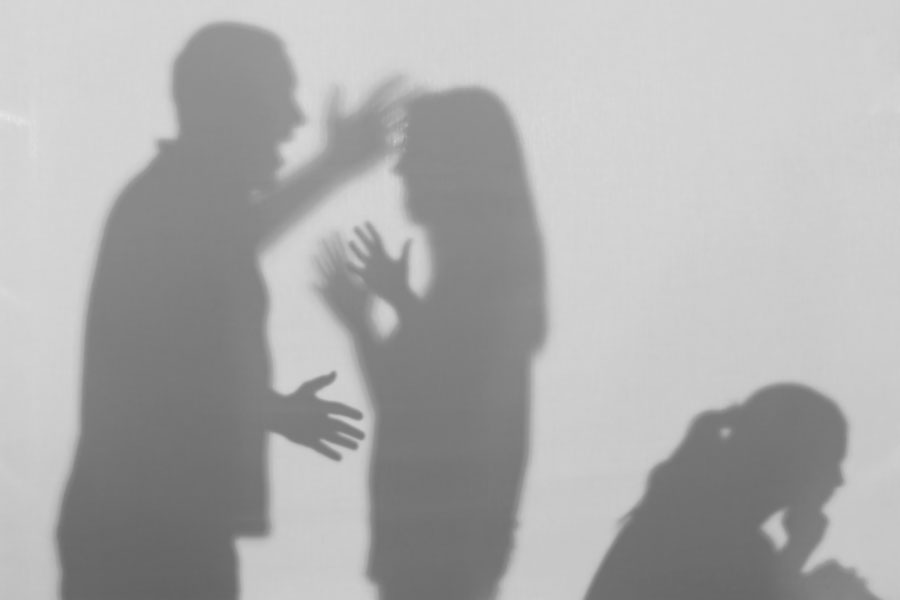Since the beginning of the COVID-19 pandemic people have been told to stay at home for their own safety and the safety of others. Could there be a higher risk of abuse? What about those people who are victims of domestic violence? How are they faring at home? Is home a safe place for victims of abuse?
Life is stressful…even when times are good. But during a pandemic, when people may not be going to work outside the home and are possibly cooped up with their families, the stress levels can be at an all-time high. For those who have lost their jobs or have had their hours reduced, there is the stress of not being able to pay bills. Additionally, children having to be home-schooled bring added stress to both parents and children. For individuals carrying a significant amount of stress, there is a high risk of lashing out at others creating a higher risk of abuse. These incidents can escalate from a simple verbal argument to a physical altercation. In some cases, a history of abuse may be present and in others it may be a new issue.
According to the Centers for Disease Control and Prevention, 1 in 4 men and 1 in 3 women in the US have experienced domestic violence from an intimate partner in their lifetime. 1 in 6 homicide victims are killed by an intimate partner. The risk of depression and post-traumatic stress disorder increases the risk of an abusive incident. Victims may find it more difficult to leave home to stay with someone else, go to a shelter, or go to a hospital for fear of contracting COVID. Additionally, there may be difficulties in filing for a protective order due to court restrictions and closures.
Psychologists and social workers are noticing a surge in abuse cases as a result of the pandemic and are banding together to help spread awareness and improve the available resources. In a 2019 study related to Hurricane Harvey and its affect on families that had already experienced domestic violence, it was found that the additional stress of the disaster led to higher rates of domestic violence and child abuse.
What does this mean for criminal attorneys?
As incidences rise, so does the work for our police and the judicial system. We need to be prepared to thoroughly investigate the claims, protect the victims, and determine if the allegations are substantiated. In some criminal cases, such as those involving strangulation, it is beneficial to have a medical expert trained in the specialty areas to assist in reviewing the case and be prepared to educate the courts on the dangers and expected findings through testimony.









